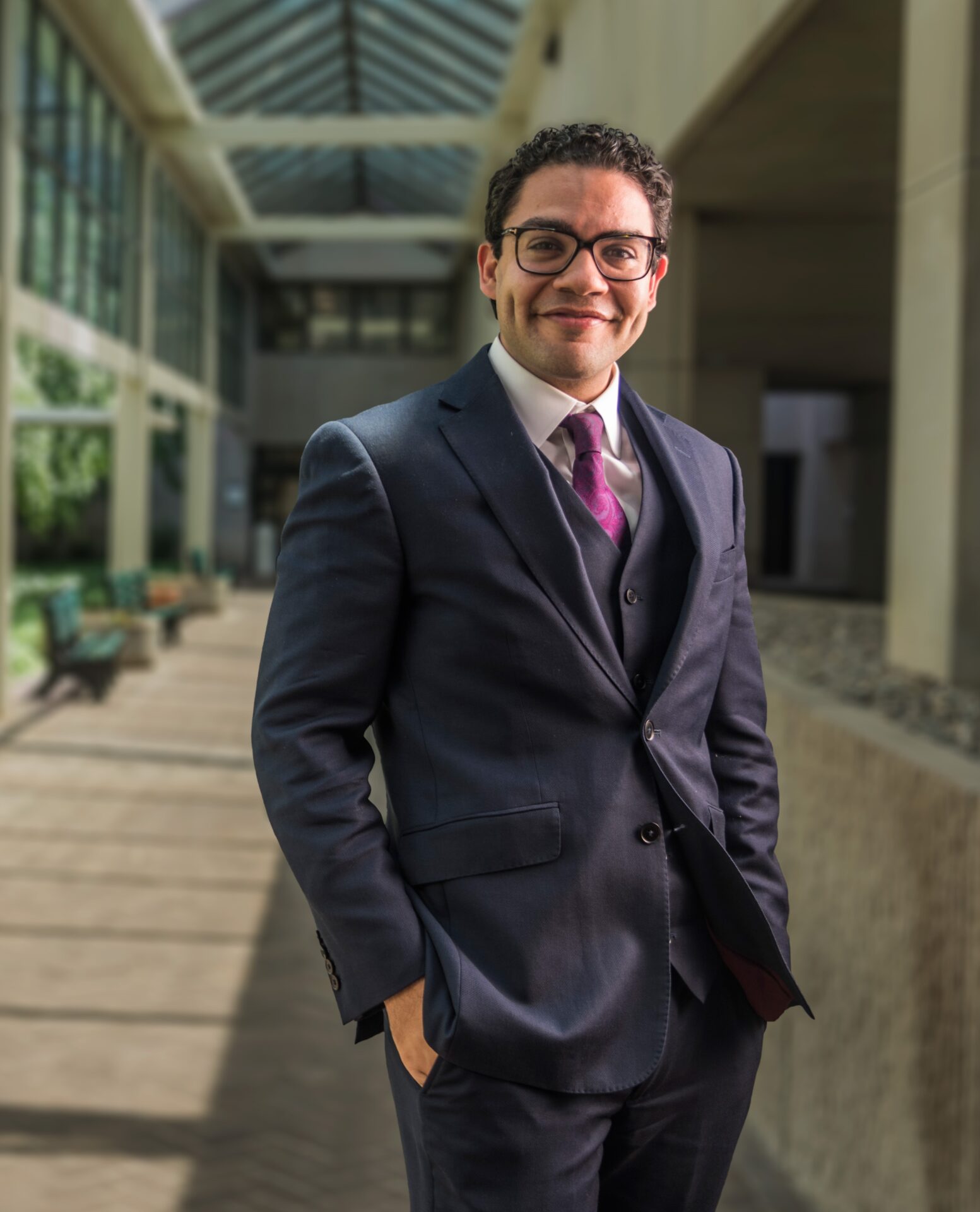Fahad Tahir, MAS, MBA, FACHE, serves as President & CEO of Ascension Saint Thomas where he oversees the health system’s 16 hospitals and a comprehensive network of affiliated joint ventures, medical practices, clinics and specialty facilities across more than 250 sites of care. As the CEO of the only faith-based, non profit health system in Middle Tennessee, Fahad focuses on creating a culture of trust and collaboration with physicians, care teams and colleagues, health plans, and other key stakeholders.
What inspired you to go into healthcare? Tell us about your career journey.
I came to the US from India at a young age and had a pretty typical immigrant experience growing up. I didn’t have family members in healthcare or any real exposure to the industry until I had the opportunity to work in a physician practice in my hometown. It was there I met a great mentor who helped shape my career path. I was also able to watch and learn from physician leaders who developed my knowledge and empathy for patients. This really helped me understand the importance of physicians as partners and gave me valuable insights into managing a complex organization. That early experience inspired my journey and gave me a sense of purpose and the ability to make a positive difference which still guides me to this day. My experience with Fellows has been a similar highlight in my career journey, opening my eyes to the many companies, sectors and new frontiers which make this such an exciting industry and era.
What are you focused on now?
Partnerships, specifically with physicians and organizations with depth and expertise in niche areas. This allows us, together, to expand our reach, create destination clinical programs and improve access to care in our communities. Each partnership is unique and can take many forms, including high impact capital projects such as our $200M program development and hospital campus expansion at our Rutherford campus, our joint venture partnership with Lifepoint to form Highpoint Health, expansion of joint venture surgery centers and imaging centers with our physician partners, and expand clinical programs to offer the best medicine known to science in areas such as oncology, neurosciences, women’s health and cardiac care. Partnerships have become part of our integrated system of care. The Fellows program was a natural educator of the diverse organizations and sectors within our industry, and how creating compatible and aligned partnerships can help bring capabilities in an area that compliments our organization to serve as a multiplier on making a positive impact.
What problem do you most want to solve in healthcare?
At Ascension Saint Thomas, we embrace a responsibility to shape, build and hone a model for how healthcare ought to be in our community and country, and create a health system that does right by patients, physician partners and has the trust of our staff/teams such that it’s a model for the broader US health system. To get there, it takes a combination of structural, cultural and economic attributes. We are committed to lead a great clinical organization, attractive to employers and payers while managing to a sustainable and healthy operating margin allowing us to reinvest in our people and strategy. We can achieve this by being a destination for patients who have a choice, and also remain committed to do our fair share for those who are vulnerable. It’s important to be clear and intentional about what makes us distinct – and build that into our approach with intentionality. In many ways, the culture of collaboration shaped by NHCC is creating an environment that is fostering this purposeful change.
How did the Council Fellows program influence your life or career?
Being a Council Fellow helped me see the industry and the role of healthcare in society from a broader perspective. It can be tempting to get into the convenient mode of organization or sector-specific bias, but the Fellows experience helps build empathy for other sectors and subsectors, see new avenues for cross-sector collaboration, and appreciate how much more is possible when you take an expansive view. Most memorably, it got me even more excited about the innovation and energy in this coming generation and this moment for our industry when technology, operating excellence and new generations of clinical science converge for a very exciting future for our healthcare city and the future of healthcare in our country.
What is the best piece of advice you’ve ever received?
Focus on trust, and everything else follows. Early in my career I recall a physician mentor who would stop by my office on his way out and share the daily misadventures with the administration of the practice. His stories helped me understand both perspectives and identify the positive momentum that can build when there is trust, and the disruptive ripple effect when there isn’t. In those years, I became keenly aware of the importance of listening and seeking to understand, and then doing something meaningful that’s not purely transactional. Now, looking back at my experiences over twenty years, I often find myself filtering observations through the lens of trust.
Tell us something about yourself that isn’t on your resume.
I swim regularly, however, I’ve never actually had swimming lessons, so I probably have an embarrassingly goofy swim stroke form. But I find it very meditative so I’ve stuck with the practice.
